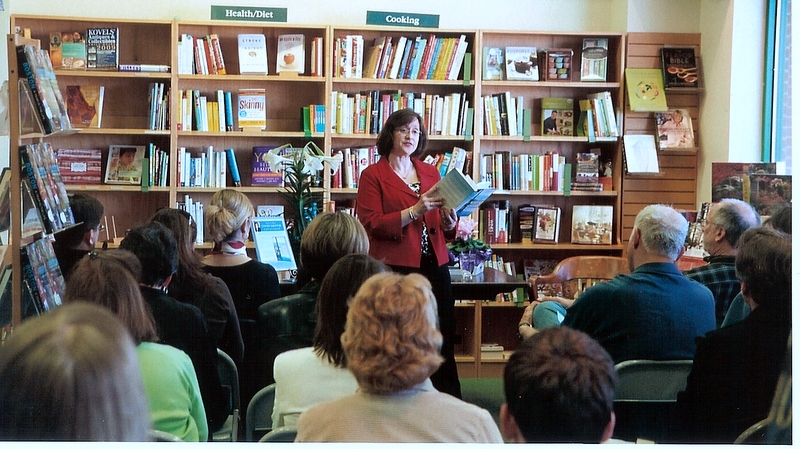The magic pixie dust for how to reach lots and lots of readers may be elusive, but two things about book discoverability are indisputable: readers are always on the look out for good stories and writers are increasingly desperate to find their people. While the definition of crossover fiction within the industry is debatable—on this readers, writers, agents, editors, and publishers can agree—everyone wins when a novel has ageless appeal.
Some within publishing deem a novel “crossover” when it is written for children or young adults but attracts a healthy adult audience. The quintessential example being J.K. Rowling’s Harry Potter series. Others—mostly in the fields of public relations and marketing—consider a novel “crossover” when it is written for adults but young adults read and spread the word about it. Think—George R.R. Martin andGame of Thrones.
Two things about book discoverability are indisputable: readers are always on the look out for good stories and writers are increasingly desperate to find their people.
Many classic stories can be described as having crossed over either way. When I was coming into my own as a young adult reader, I loved (and still do) The Count of Monte Cristo by Alexandre Dumas and Rebecca by Daphne Du Maurier, both novels written for adults. And regardless of when you came to experience it, who among us isn’t still fascinated by the timeless Lewis Carroll novel written for children, Alice in Wonderland?
I don’t necessarily recommend that writers set out to write a novel with appeal to adult and young adult readers. What I have been known to harp on in the writing classes I teach, is to build story worlds where something is at risk for well-developed, authentic characters. What’s at stake can be subtle—yet still powerful—like in Alice McDermott’s masterpiece Someone. Or emotionally quiet but nonetheless impactful like in Ann Packer’s The Dive From Clausen’s Pier.
Stories need not contain a car chase or a gun going off to draw readers in or keep them reading. Tension in fiction is created in a variety of ways, but always includes compelling characters, fresh plot lines, spot on pacing, charged dialogue, and settings that support the central conflict of the story.
The kind of intense curiosity that keeps readers turning pages lends itself quite well to uncovering the holy grail of book marketing—word of mouth. Readers love nothing more than to share with other readers books that have changed their lives. And I don’t know a writer who isn’t in search of a broader readership. Still crossover fiction has yet another powerful purpose which is to get readers within families reading together.
Research shows that when parents read and discuss fiction with children of all ages, they positively impact the development of the core competencies of social-emotional development, which includes nurturing self and social awareness, developing relationship skills, and influencing responsible decision-making. Reading fiction impacts the development of empathy and resilience too, and it enhances readers’ ability to navigate complex social relationships. Can you think of a better way to parent our teens than to foster connections with each other through literature?
This post would not be complete if I didn’t share some wonderful crossover fiction for you to add to your Goodreads shelves. Below you’ll find recommendations for family stories I’ve enjoyed with crossover appeal.
Family stories written for teens with crossover to adults:
- Eleanor and Park by Rainbow Rowell (Friendship, Diversity)
- The Fault in Our Stars by John Green (First love, grief)
- The Shock of the Fall by Nathan Filer (Mental illness, grief)
- We Were Liars by E. Lockhart (Family secrets, loyalty)
- The Perks of Being a Wallflower by Stephen Chbosky (Friendship, coming of age)
Family stories written for adults with crossover appeal to young adults:
- The Round House by Louise Erdrich (Loyalty)
- Super Sad True Love Story by Gary Shteyngart (Technology, Relationships)
- Disgruntled by Asali Solomon (Belonging, Diversity)
- Once Upon a River Bonnie Campbell (Independence, courage)
- The Pact by Jodi Picoult (Suicide)
Want more? Check out this terrific list by genre of fiction with crossover appeal from @bookaddictguide.
